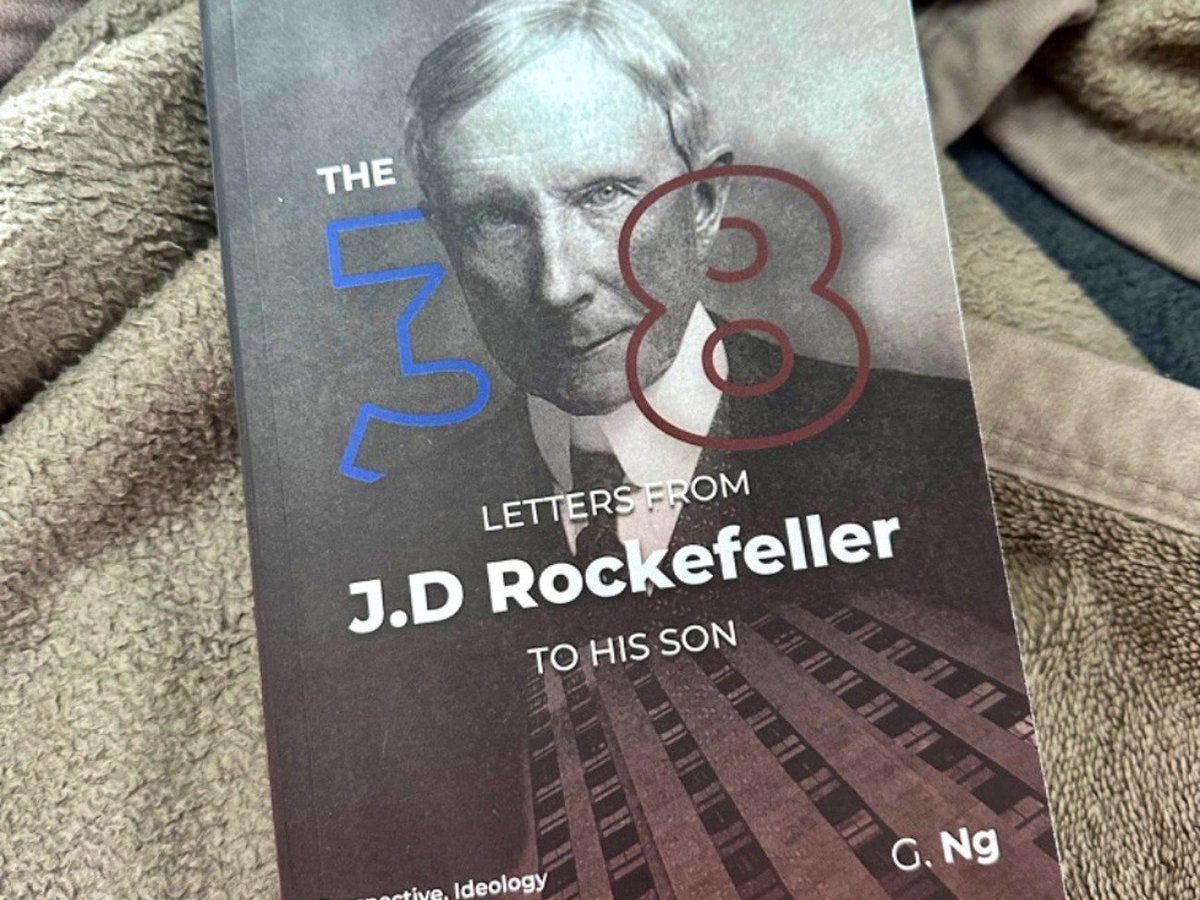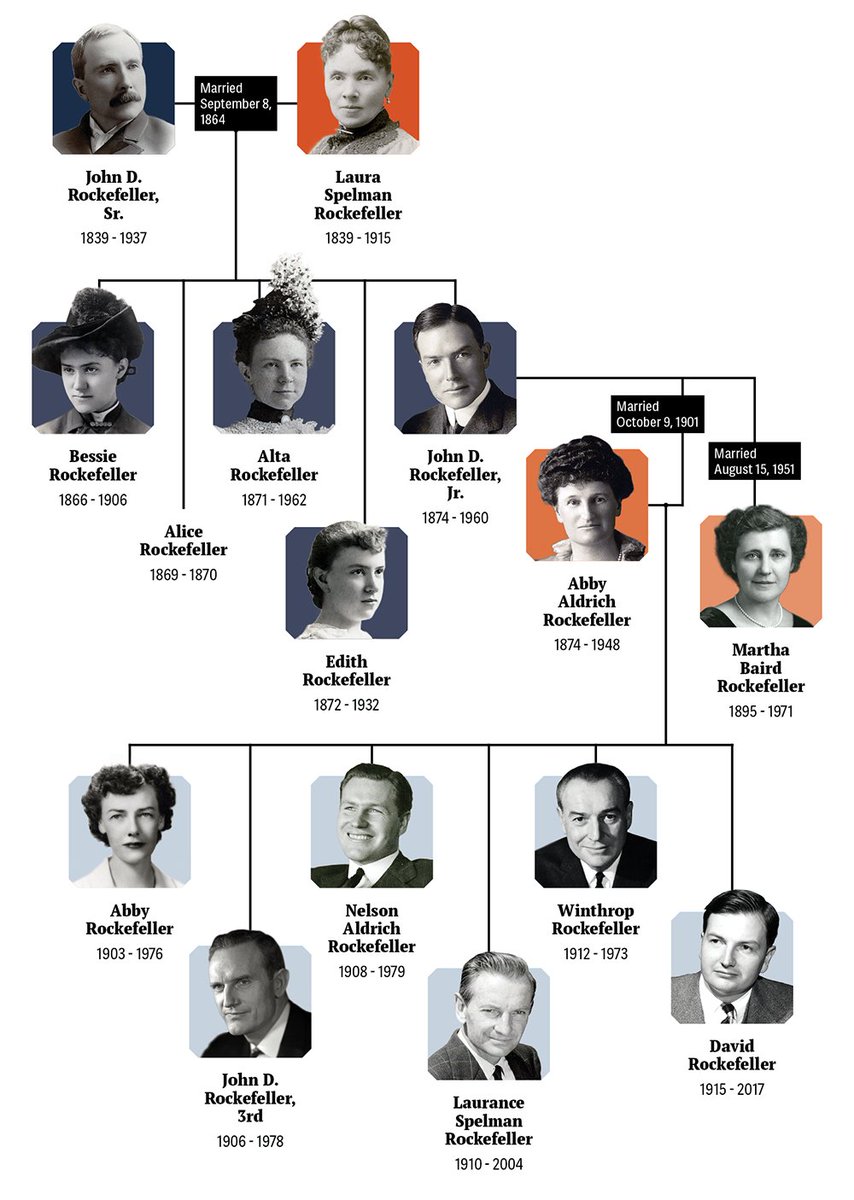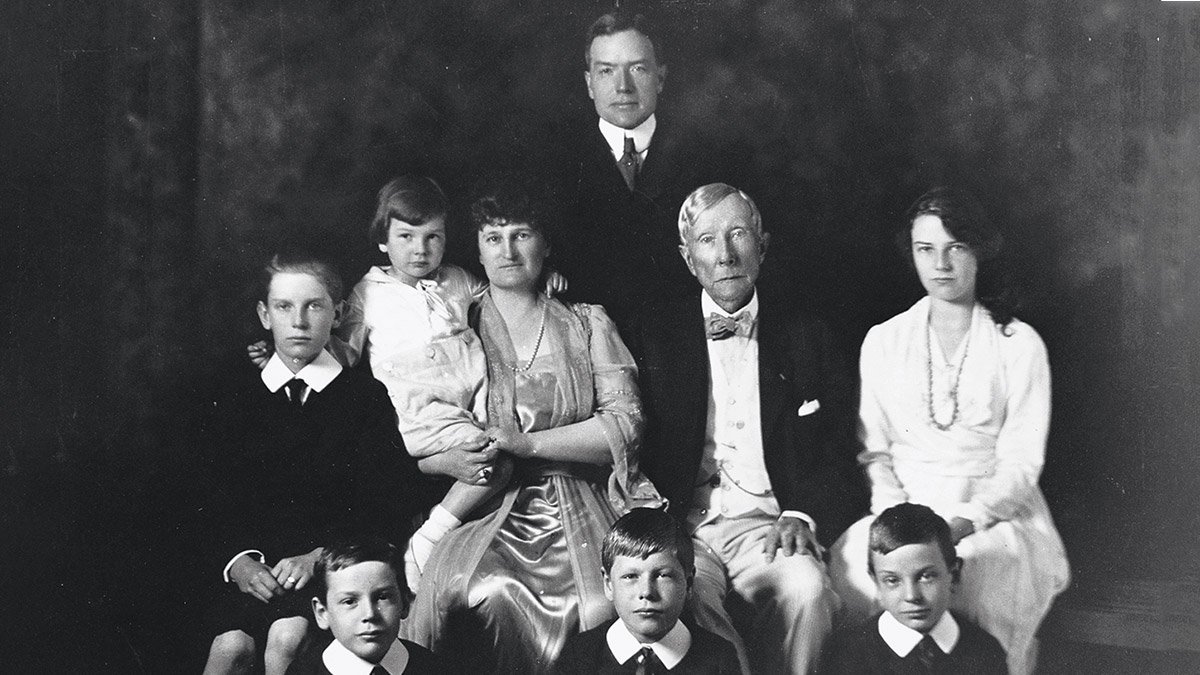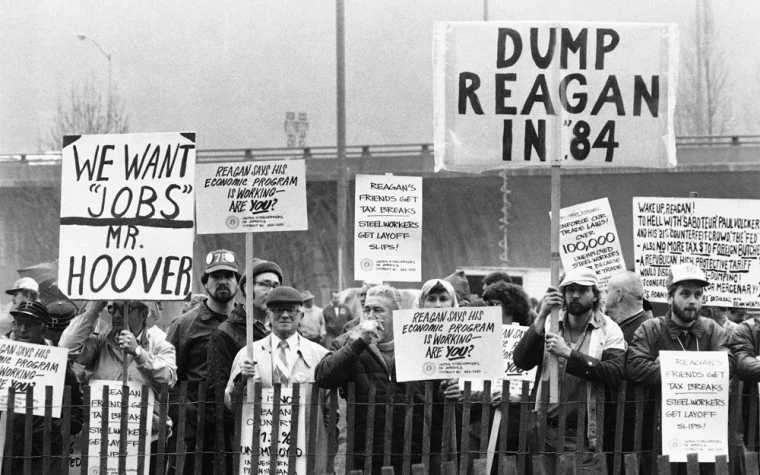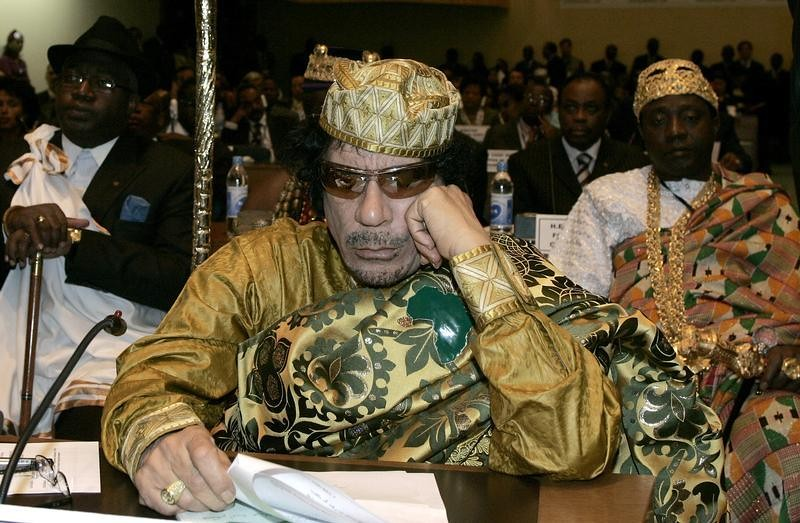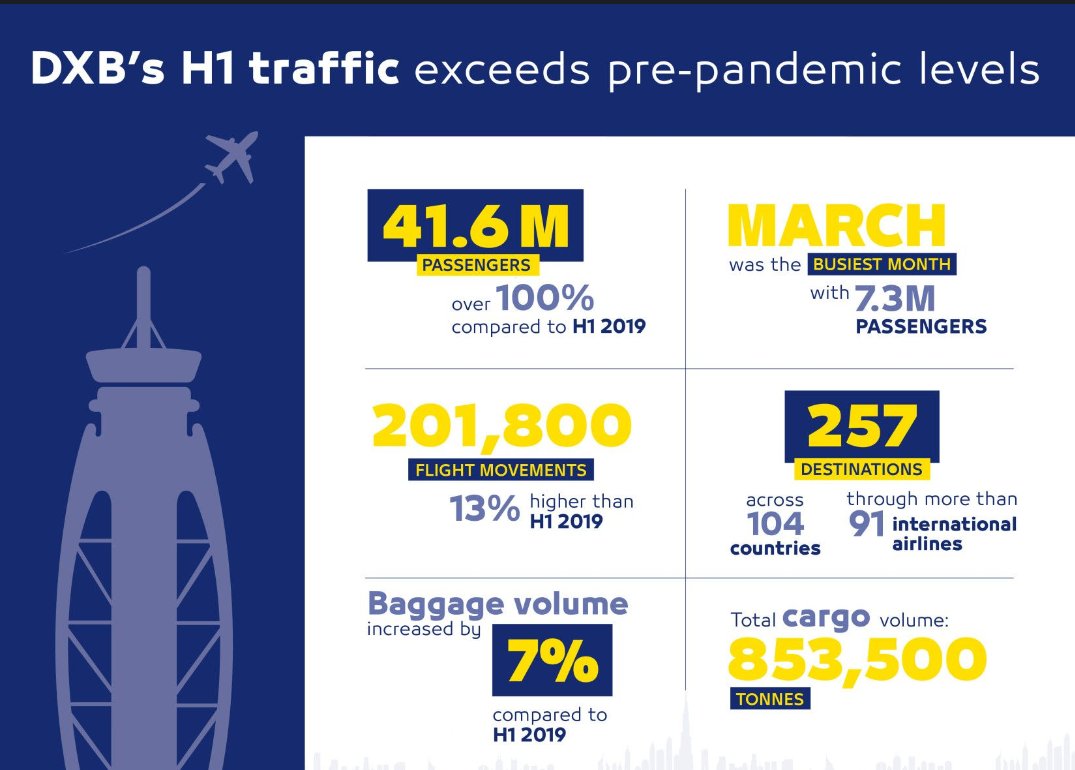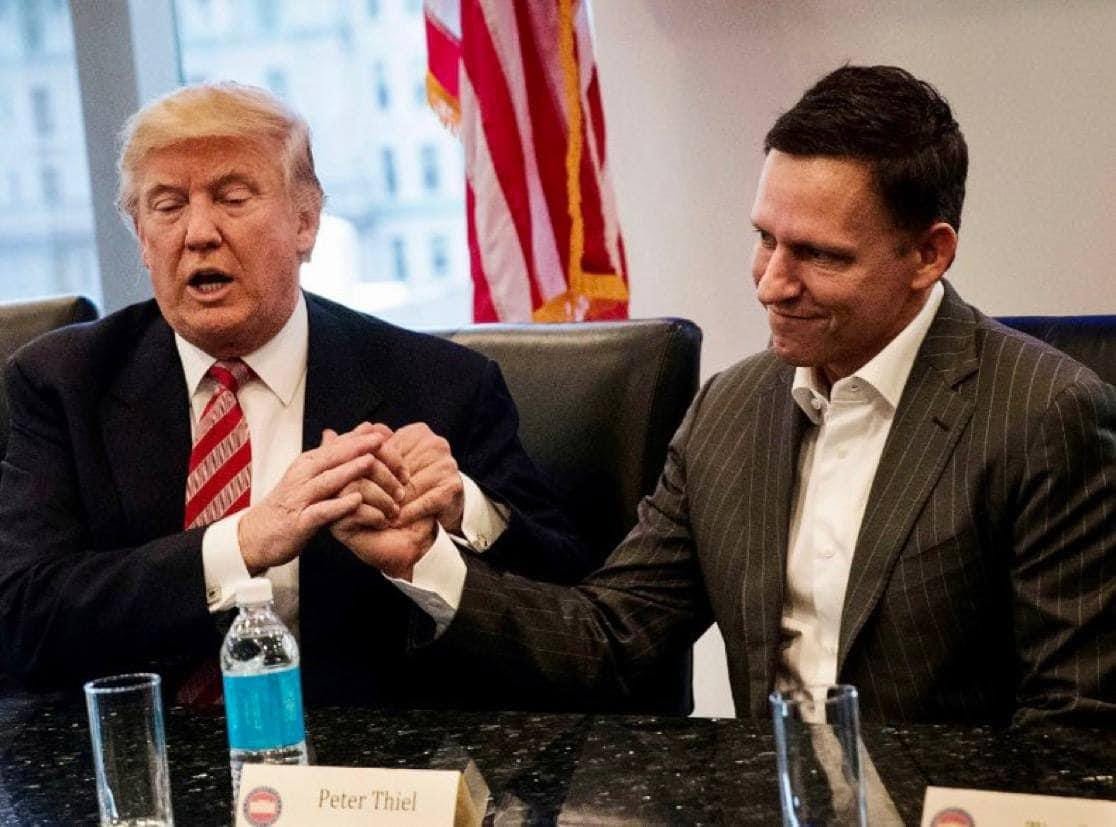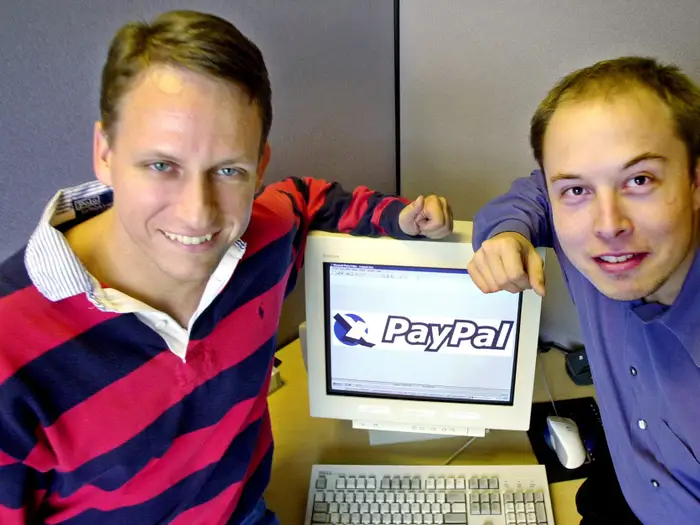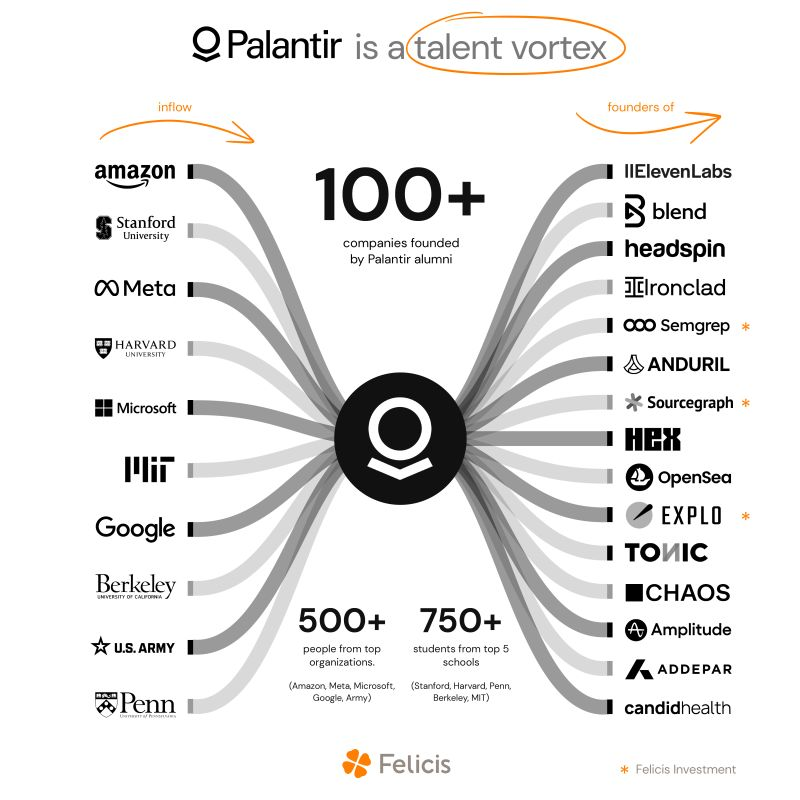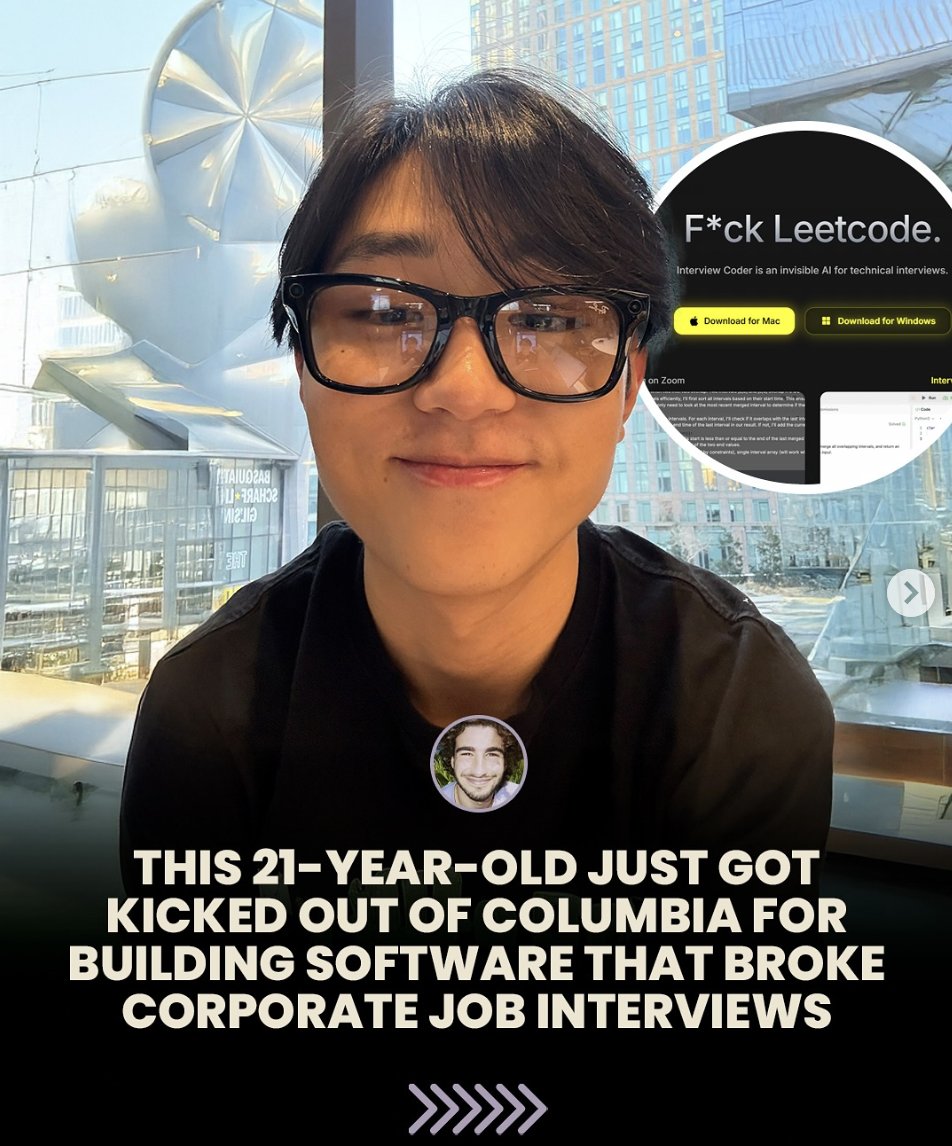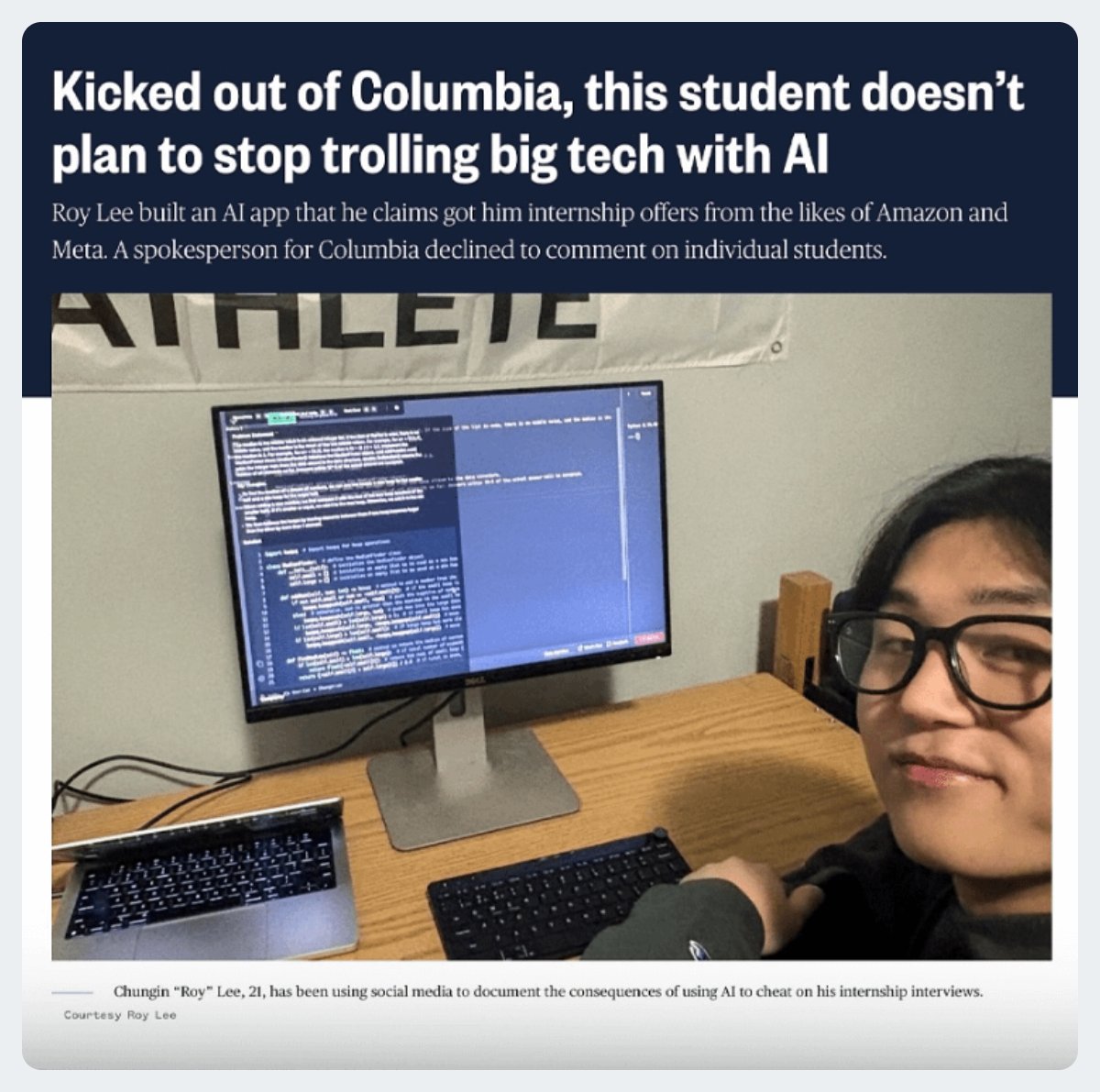This woman scammed JP Morgan out of $175 million.
She faked 4 million customers, fooled JP Morgan's due diligence team, and walked away with millions.
Caught for fraud...
But her downfall reveals something terrifying about major banks: 🧵

She faked 4 million customers, fooled JP Morgan's due diligence team, and walked away with millions.
Caught for fraud...
But her downfall reveals something terrifying about major banks: 🧵
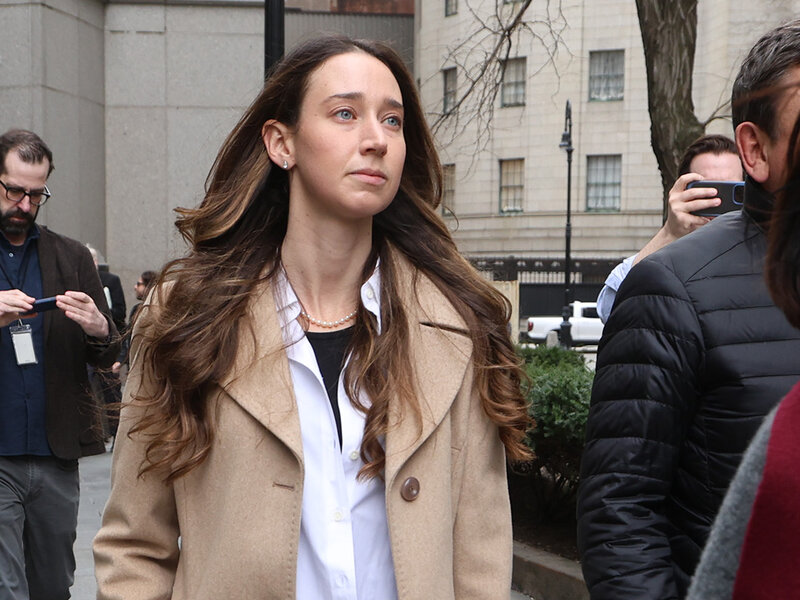
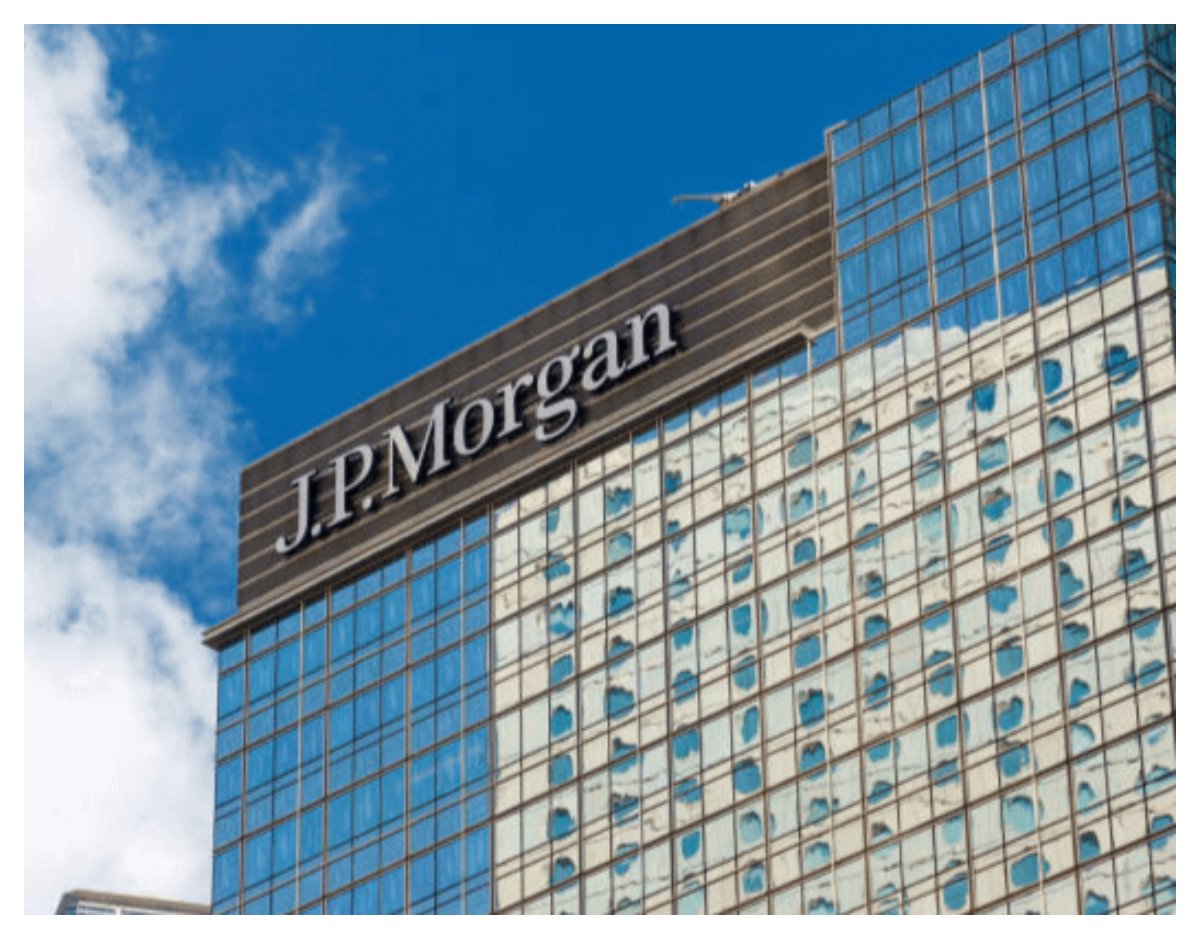
Meet Charlie Javice.
At 28, she was a Forbes "30 Under 30" darling who sold her startup Frank to JPMorgan for $175 million in 2021.
The problem? She claimed 4.25 million customers when she actually had only 300,000.
But here's where it gets interesting...
At 28, she was a Forbes "30 Under 30" darling who sold her startup Frank to JPMorgan for $175 million in 2021.
The problem? She claimed 4.25 million customers when she actually had only 300,000.
But here's where it gets interesting...
When JP Morgan asked for proof of Frank's user base during due diligence, Javice refused, citing "privacy concerns."
The real reason? She was hiding the biggest lie in fintech history.
Frank had fewer than 300,000 real users, not the 4.25 million she claimed.
The real reason? She was hiding the biggest lie in fintech history.
Frank had fewer than 300,000 real users, not the 4.25 million she claimed.
So how did she fake 4 million customers?
First, she asked her chief engineer to create "synthetic data." When he questioned the legality, she said "We don't want to end up in orange jumpsuits."
He refused.
That's when things got creative...
First, she asked her chief engineer to create "synthetic data." When he questioned the legality, she said "We don't want to end up in orange jumpsuits."
He refused.
That's when things got creative...
Javice paid a college friend $18,000 to create millions of fake names with addresses, birthdates, and phone numbers.
She sent this fabricated dataset to JP Morgan's third-party verification company.
But here's the kicker - the third-party never actually verified the people were real.
She sent this fabricated dataset to JP Morgan's third-party verification company.
But here's the kicker - the third-party never actually verified the people were real.
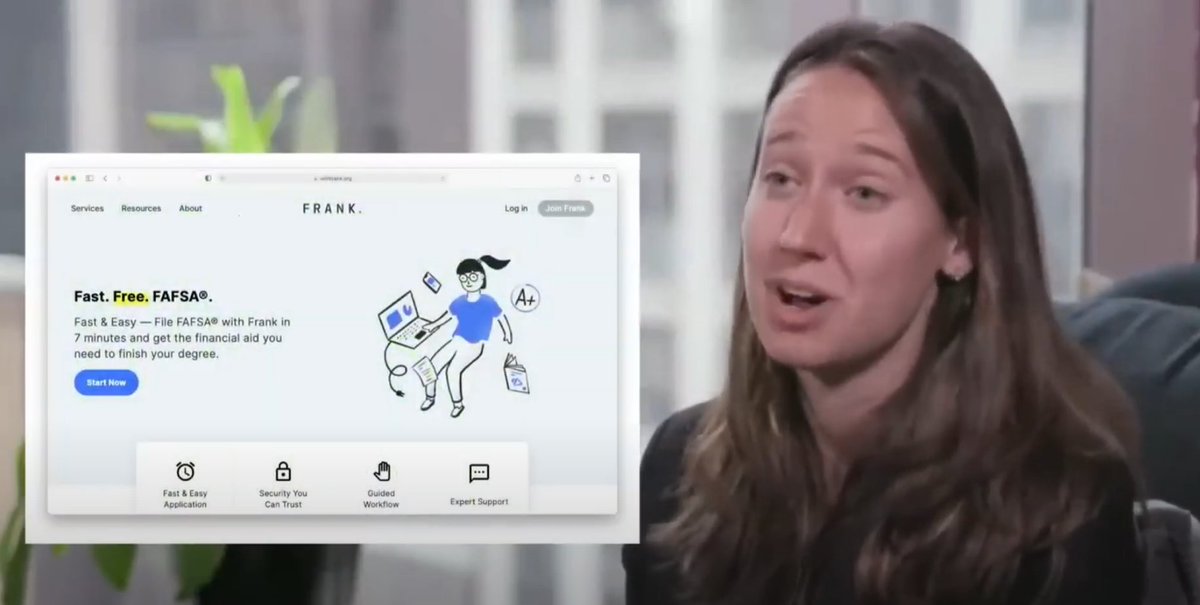
JP Morgan fell for it completely.
CEO Jamie Dimon personally met with Javice and was "very enthusiastic," telling her JP Morgan should "get the deal done."
The deal closed in September 2021. Javice got $21 million upfront plus a $20 million retention bonus.
CEO Jamie Dimon personally met with Javice and was "very enthusiastic," telling her JP Morgan should "get the deal done."
The deal closed in September 2021. Javice got $21 million upfront plus a $20 million retention bonus.
Then reality hit.
JP Morgan sent test marketing emails to 400,000 "Frank customers." Only 28% were deliverable.
JP Morgan's normal delivery rate? 99%.
That's when they knew they'd been had...
JP Morgan sent test marketing emails to 400,000 "Frank customers." Only 28% were deliverable.
JP Morgan's normal delivery rate? 99%.
That's when they knew they'd been had...
The investigation revealed the shocking scope:
Javice had also spent $105,000 buying real student data from the open market to cover her tracks.
She provided this purchased data to JP Morgan as "Frank's user base" for their marketing campaigns.
It was fraud on top of fraud.
Javice had also spent $105,000 buying real student data from the open market to cover her tracks.
She provided this purchased data to JP Morgan as "Frank's user base" for their marketing campaigns.
It was fraud on top of fraud.
But here's what's truly terrifying about this case:
Some attorneys told Fortune that JP Morgan "would have had to only conduct sample testing of Frank's customer list to discover the fraud."
One attorney said: "JPMorgan could've easily figured this one out."

Some attorneys told Fortune that JP Morgan "would have had to only conduct sample testing of Frank's customer list to discover the fraud."
One attorney said: "JPMorgan could've easily figured this one out."
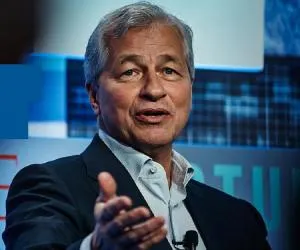

How did a $4 trillion bank with "an army of top-notch lawyers" get fooled so easily?
JP Morgan hired third-party vendor Acxiom to verify the data. Acxiom offered to validate the entries using reverse-phone data. JP Morgan turned down the offer.
They chose speed over verification.
JP Morgan hired third-party vendor Acxiom to verify the data. Acxiom offered to validate the entries using reverse-phone data. JP Morgan turned down the offer.
They chose speed over verification.
This wasn't just one person's greed - it exposed systemic failures:
Jamie Dimon called the Frank acquisition a "huge mistake." But he personally pushed for the deal to close quickly.
Why? JP Morgan feared Bank of America was also interested in buying Frank.
FOMO drove a $175M decision.
Jamie Dimon called the Frank acquisition a "huge mistake." But he personally pushed for the deal to close quickly.
Why? JP Morgan feared Bank of America was also interested in buying Frank.
FOMO drove a $175M decision.
The broader context is even scarier:
Javice joins Elizabeth Holmes and Sam Bankman-Fried as young tech founders who committed massive fraud.
What enabled all of them? The "easy money" era of 2020-2021.
Low interest rates made everyone chase the next big thing.
Javice joins Elizabeth Holmes and Sam Bankman-Fried as young tech founders who committed massive fraud.
What enabled all of them? The "easy money" era of 2020-2021.
Low interest rates made everyone chase the next big thing.
In March 2025, Javice was convicted on all four fraud counts: securities fraud, wire fraud, bank fraud, and conspiracy.
She faces 14-17 years in prison.
JP Morgan shut down Frank's website and wrote off the entire $175M investment.
She faces 14-17 years in prison.
JP Morgan shut down Frank's website and wrote off the entire $175M investment.
The lessons for entrepreneurs and investors:
1. Media praise doesn't equal business success
2. Forbes "30 Under 30" isn't due diligence
3. "Privacy concerns" during DD are red flags
4. Test your assumptions with real data
5. FOMO kills rational decision-making
1. Media praise doesn't equal business success
2. Forbes "30 Under 30" isn't due diligence
3. "Privacy concerns" during DD are red flags
4. Test your assumptions with real data
5. FOMO kills rational decision-making
The Charlie Javice case isn't just about one fraudster.
It's about how boom-time psychology makes even the smartest institutions ignore basic due diligence.
When everyone's chasing unicorns, the fundamentals get forgotten.
And that's when fraudsters thrive.
It's about how boom-time psychology makes even the smartest institutions ignore basic due diligence.
When everyone's chasing unicorns, the fundamentals get forgotten.
And that's when fraudsters thrive.
I hope you've found this thread helpful.
Follow me @GeniusBusiness_ for more threads on underrated 100% original business, finance, and marketing stories.
Could you help me reach 100k before July?
Like/Repost the quote below to spread the word:
Follow me @GeniusBusiness_ for more threads on underrated 100% original business, finance, and marketing stories.
Could you help me reach 100k before July?
Like/Repost the quote below to spread the word:
https://twitter.com/1654777769807560707/status/1946554882984677774
• • •
Missing some Tweet in this thread? You can try to
force a refresh


